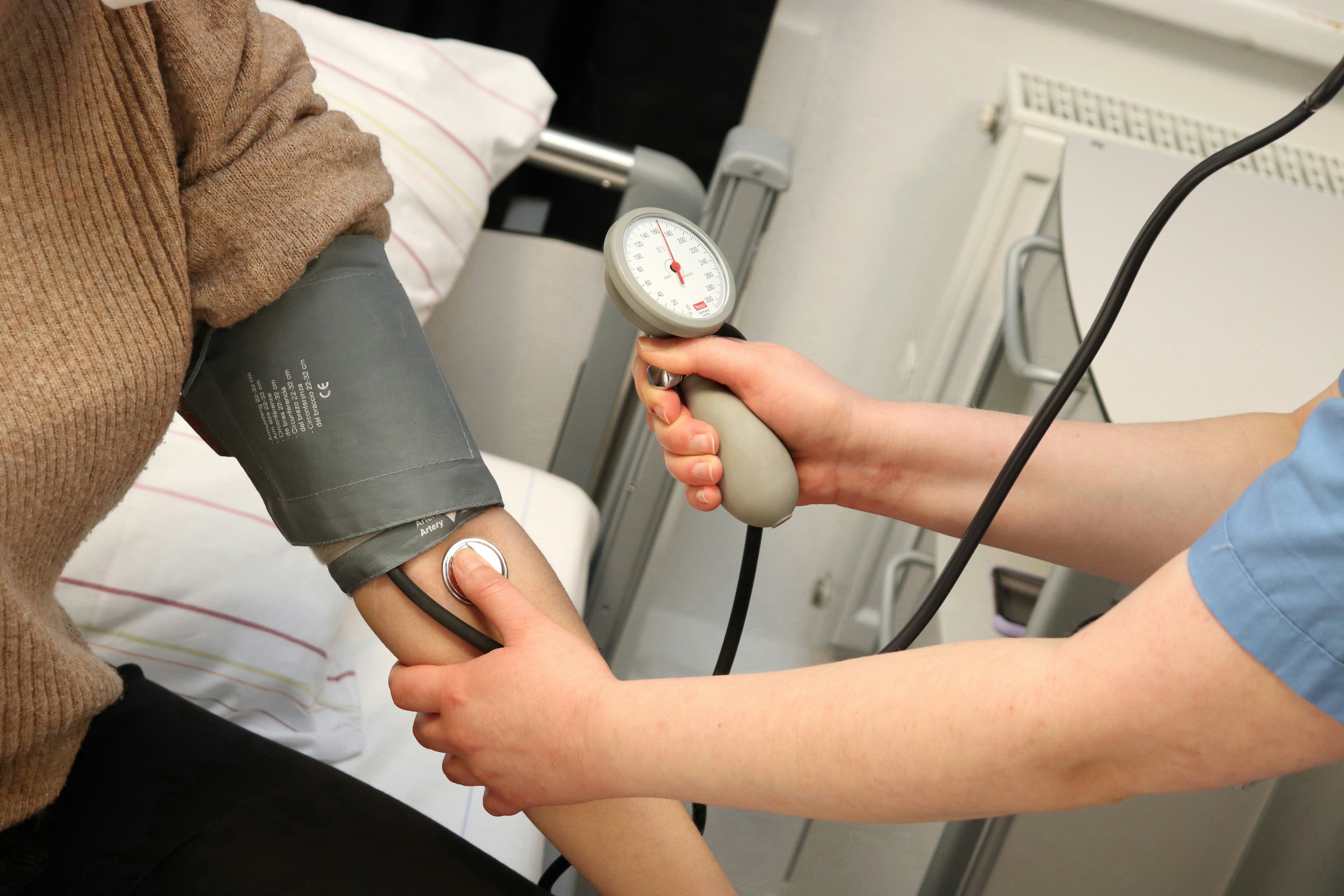Medical Checkup: What to Expect and How to Prepare
A medical checkup is a routine evaluation intended to assess overall health, identify risk factors, and guide preventive care. These visits can be tailored to age, sex, medical history, and lifestyle. A primary care doctor usually coordinates the process, which may include a physical exam, basic laboratory tests, and a review of medications and immunizations. Regular checkups help detect conditions early and support informed decisions about ongoing care in hospital or outpatient settings.

This article is for informational purposes only and should not be considered medical advice. Please consult a qualified healthcare professional for personalized guidance and treatment.
Doctor: when to schedule a checkup?
Seeing a doctor for a routine checkup depends on your age, existing conditions, and risk factors. Adults without chronic illness often visit annually or every two years, while people with diabetes, hypertension, or other chronic conditions may need more frequent follow-up. New symptoms, medication changes, or transitions in life stage—like pregnancy or aging—are also reasons to schedule a visit. During a primary care appointment, the doctor reviews your history, performs a focused physical exam, and recommends specific screenings or referrals to specialists if needed.
Hospital: what services support routine exams?
Hospitals and affiliated outpatient clinics provide access to a broader range of services that may accompany a checkup, such as imaging (X-ray, ultrasound), specialty consultations, or urgent diagnostic procedures. For most routine checkups, a hospital visit is not required; however, hospitals are important when additional testing or rapid access to specialists is necessary. Many hospitals also run preventive health programs and community clinics that coordinate follow-up care and ensure test results are interpreted within the context of medical records.
Medical tests: common components of a checkup
A standard medical checkup often includes basic laboratory tests and screenings: complete blood count, metabolic panel, lipid profile, and urinalysis are common. Depending on age and risk, providers may order glucose testing, thyroid function, or cancer screenings like mammography, cervical cytology, or colonoscopy referrals. Vaccination status and medication reviews are also routine medical topics. The exact tests recommended will depend on individual risk assessment and clinical guidelines, so discuss which tests are appropriate with your healthcare provider.
Checkup: how to prepare for your visit
Preparing for a checkup improves efficiency and the usefulness of the visit. Bring a list of current medications, previous surgeries, family medical history, and any recent test results. Note symptoms, sleep and diet patterns, and lifestyle factors such as exercise, alcohol, and tobacco use. Some tests require fasting or stopping certain supplements; follow pre-visit instructions from your provider. If you use local services or plan to visit a hospital clinic, confirm appointment details and insurance or billing requirements beforehand to reduce administrative delays.
Health: using results to plan ongoing care
After a checkup, results should form the basis of an actionable health plan. This may include lifestyle recommendations (diet, activity, stress management), medication adjustments, or referrals to specialists such as cardiology or endocrinology. Preventive measures—vaccinations, screenings, and routine monitoring—are key outcomes. Shared decision-making between you and your doctor helps prioritize interventions according to your goals and risks. Keep records of results and follow-up recommendations to track changes over time and support long-term health management.
Conclusion
Routine medical checkups are a structured way to monitor health, detect early problems, and coordinate care across doctors, outpatient clinics, and hospitals. By preparing in advance and discussing appropriate medical tests and follow-up plans, patients can make the most of preventive visits and work with clinicians to maintain or improve health over time.




